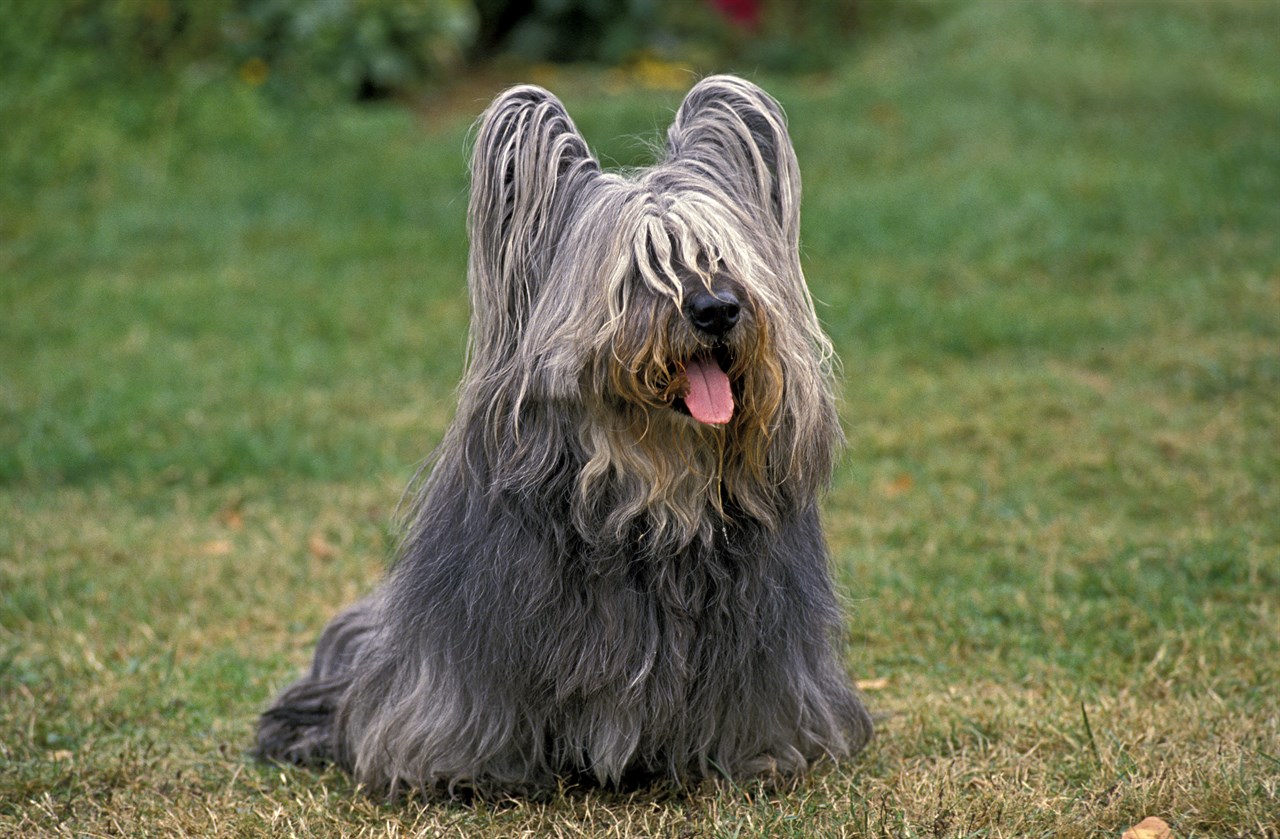Feeding Habits and Food Requirements of the Skye Terrier

Proper nutrition is essential for the health and well-being of Skye Terriers. Understanding their feeding habits and food requirements is crucial to ensuring they receive the necessary nutrients for a long and healthy life.
High-Quality Dog Food
Choose a high-quality commercial dog food that is appropriate for your Skye Terrier's age, size, and activity level. Look for dog food brands that list meat, poultry, or fish as the first ingredient, as this indicates a higher protein content.
Age-Appropriate Diet
Skye Terrier puppies, adult dogs, and seniors have different nutritional needs. Ensure that you provide a diet tailored to their life stage. Puppy food should support growth, adult food should maintain overall health, and senior food should address the specific needs of older dogs.
Portion Control
Follow the feeding guidelines provided on the dog food packaging or the recommendations of your veterinarian. Avoid overfeeding, as Skye Terriers can be prone to weight gain, which can lead to health issues such as joint problems and obesity.
Feeding Schedule
Establish a regular feeding schedule for your Skye Terrier, offering meals at the same times each day. This routine can help with housebreaking and digestion.
Fresh Water
Ensure your Skye Terrier has access to fresh, clean water at all times. Proper hydration is essential for overall health and digestion.
Avoid Table Scraps
Refrain from feeding your Skye Terrier table scraps or human food, as many human foods can be toxic to dogs and can lead to digestive problems or obesity.
Special Dietary Considerations
If your Skye Terrier has allergies, sensitivities, or specific dietary needs, consult with your veterinarian to select an appropriate dog food or consider a specialised diet.
Treats in Moderation
Treats can be an essential part of training and bonding with your Skye Terrier, but use them in moderation to avoid excessive calorie intake. Opt for small, healthy treats and incorporate them into your training routine.
Regular Monitoring
Keep an eye on your Skye Terrier's weight and body condition. Adjust their food portions as needed to maintain a healthy weight. If you have any concerns about their weight or dietary needs, consult your veterinarian.
Dental Care
Promote dental health by providing dental chews or brushing your Skye Terrier's teeth regularly. Good oral hygiene is essential to prevent dental problems.
Allergies and Sensitivities
Some Skye Terriers may have food allergies or sensitivities. If you notice signs of allergies, such as itching, gastrointestinal upset, or skin issues, consult with your veterinarian to identify and address any dietary triggers.
In conclusion, providing a well-balanced diet and maintaining healthy feeding habits are essential for the overall health and longevity of Skye Terriers. Regular veterinary check-ups can help ensure that your Skye Terrier's nutritional needs are met and that they remain in optimal health throughout their life.
Skye Terrier puppies for sale
- Find Skye Terrier puppies for sale in ACT
- Find Skye Terrier puppies for sale in NSW
- Find Skye Terrier puppies for sale in NT
- Find Skye Terrier puppies for sale in QLD
- Find Skye Terrier puppies for sale in SA
- Find Skye Terrier puppies for sale in TAS
- Find Skye Terrier puppies for sale in VIC
- Find Skye Terrier puppies for sale in WA